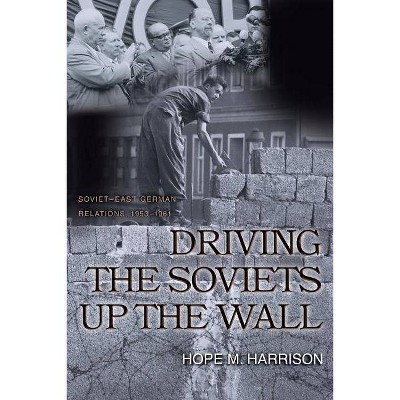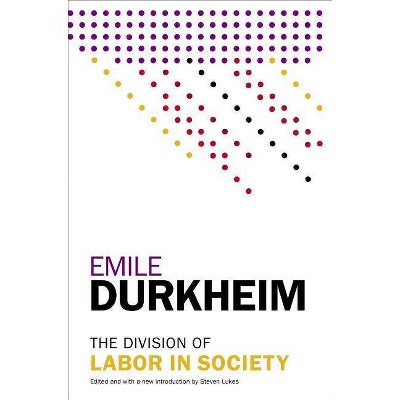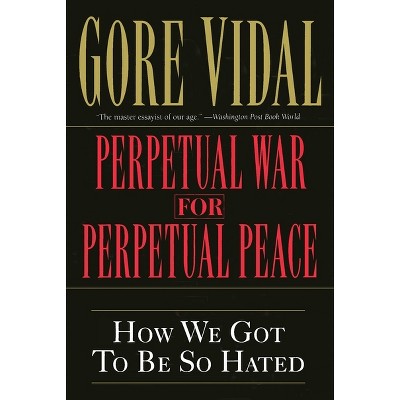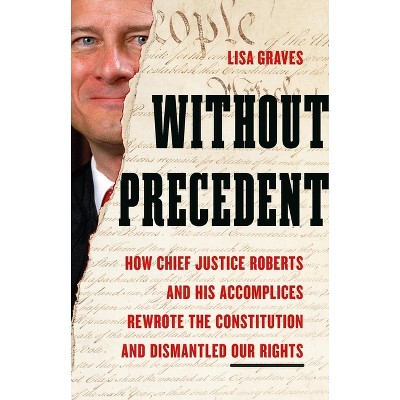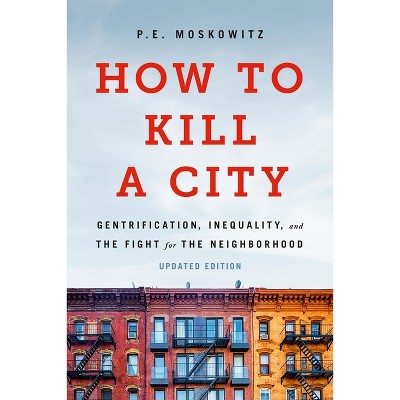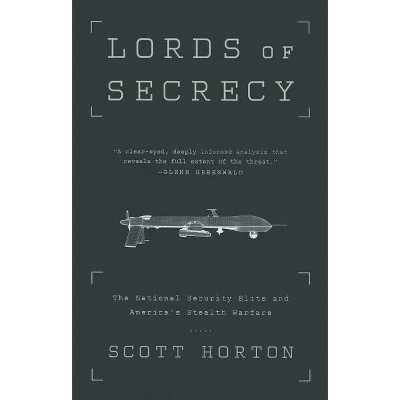Sponsored

The Man Who Sold the World - by William Kleinknecht (Paperback)
In Stock
Sponsored
About this item
Highlights
- Since Ronald Reagan left office--and particularly after his death--his shadow has loomed large over American politics: Republicans and many Democrats have waxed nostalgic, extolling the Republican tradition he embodied, the optimism he espoused, and his abilities as a communicator.This carefully calibrated image is complete fiction, argues award-winning journalist William Kleinknecht.
- About the Author: William Kleinknecht is a veteran crime correspondent for the Newark Star-Ledger.
- 352 Pages
- Political Science, History & Theory
Description
About the Book
An award-winning journalist shatters the myth of Ronald ReaganBook Synopsis
Since Ronald Reagan left office--and particularly after his death--his shadow has loomed large over American politics: Republicans and many Democrats have waxed nostalgic, extolling the Republican tradition he embodied, the optimism he espoused, and his abilities as a communicator.
This carefully calibrated image is complete fiction, argues award-winning journalist William Kleinknecht. The Reagan presidency was epoch shattering, but not--as his propagandists would have it--because it invigorated private enterprise or made America feel strong again. His real legacy was the dismantling of an eight-decade period of reform in which working people were given an unprecedented sway over our politics, our economy, and our culture. Reagan halted this almost overnight.
In the tradition of Thomas Frank's What's the Matter with Kansas?, Kleinknecht explores middle America--starting with Reagan's hometown of Dixon, Illinois--and shows that as the Reagan legend grows, his true legacy continues to decimate middle America.
Review Quotes
"A seasoned crime reporter of the old school, William Kleinknecht has penetrated the showbiz curtain to expose the venality and cynicism of the Reagan era -- and tells us why the crimes of that time still matter so much today." --Joe Conason, best-selling author, "Big Lies: The Right-Wing Propaganda Machine and How It Distorts the Truth and It Can Happen Here: Authoritarian Peril in the Age of Bush "
"Finally, a fact-filled, eminently readable book that punctures the hot air balloon that has buoyed the Reagan presidency for far too long. Kleinknecht strips the emperor's clothes from Ronald Reagan to finally reveal him for what he was, a dim bulb conservative who set the country on the road that led us to the sorry state in which we find ourselves today. A must read."
--Peter Biskind, best-selling author, "Easy Riders, Raging Bulls: How the Sex, Drugs and Rock and Roll Generation Revolutionized Hollywood"
Bill Kleinknecht knows that it is important to tear down false gods, which is what he does in this scathing reappraisal of Ronald Reagan. A book that will help usher in a brighter political era.
--Frances Fox Piven, Distinguished Professor of Political science and Sociology at The Graduate Center, City University of New York, and co-author of "The New Class War: Reagan's Attack on the Welfare State and Its Consequences"
"Makes a strong case that President Reagan's policies of massive deregulation, free-market capitalism, budget cuts and trickle-down economics were nothing less than a dismantling of New Deal reforms and a disaster for the country, particularly its poorest citizens... Kleinknecht's bare-knuckled journalistic prose makes this anengaging read.... His criticism of deregulation is especially timely, given the current economic climate, and Kleinknecht uses these stories effectively to connect the Reagan legacy to a contemporary culture of self-interest and a Republican Party he views as mired in shallowness and ignorance. "With Reaganism has come an abandonment of all faith in reason and progress," he writes, "and it has accrued manifestly to the detriment of the average American." Tough, well-argued criticism of a conservative icon."
--"Kirkus Reviews"
About the Author
William Kleinknecht is a veteran crime correspondent for the Newark Star-Ledger. He previously covered the crime beat for the New York Daily News. The winner of awards from the Associated Press and the American Society of Professional Journalists, he has contributed to American Journalism Review, National Law Journal, and the Boston Phoenix. The author of New Ethnic Mobs: The Changing Face of Organized Crime in America, he lives in Glen Rock, New Jersey.Shipping details
Return details
Trending Non-Fiction





